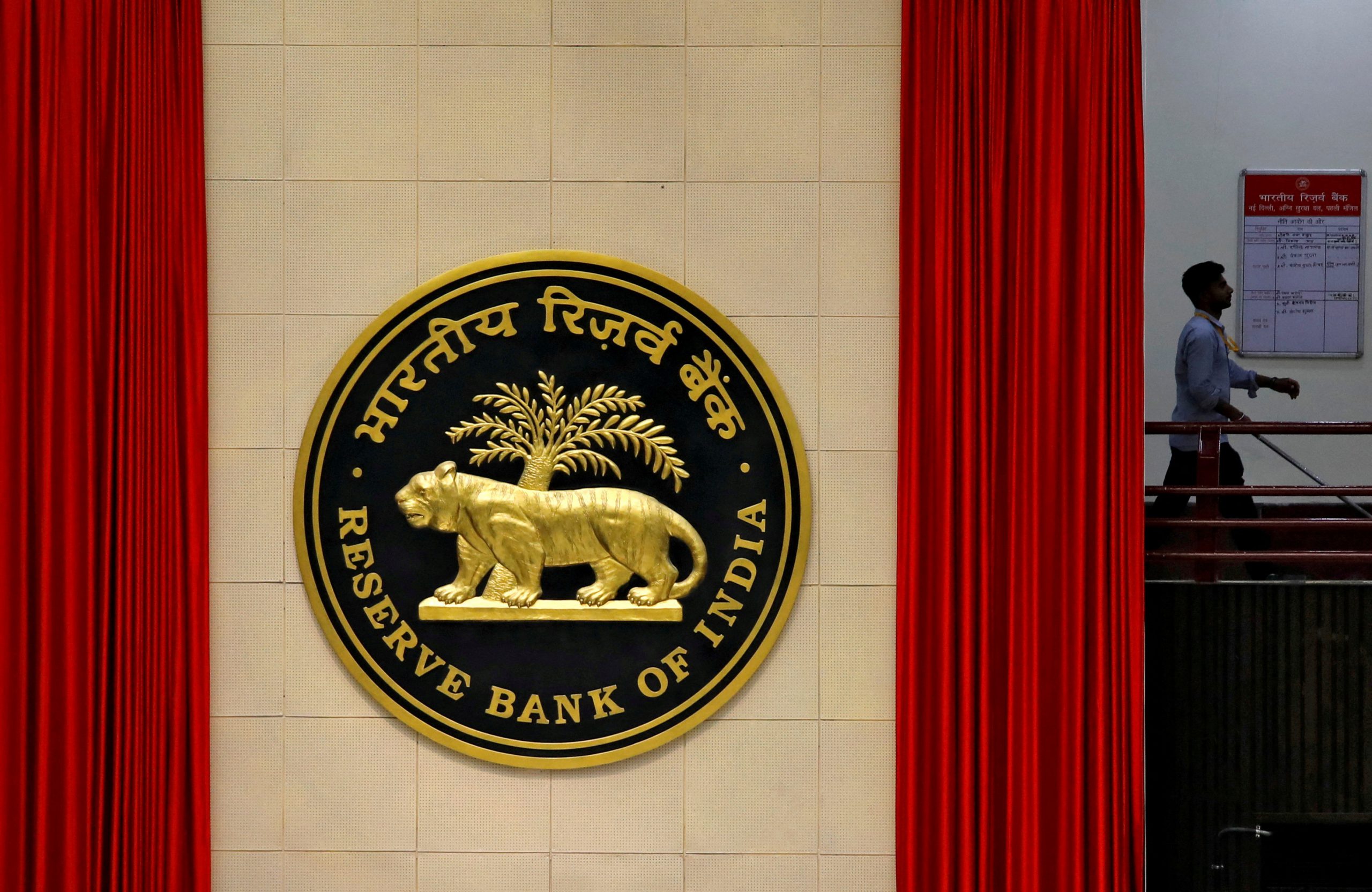Hezbollah-backed candidate Hassan Diab on course to be Lebanese PM
Beirut (Reuters) – Former minister Hassan Diab looked set to be named Lebanon’s new prime minister on Thursday with backing from the Iran-backed group Hezbollah and its allies, a move that could complicate efforts to secure badly needed Western financial aid.
The nomination, expected later in the day, sets the stage for the formation of a cabinet that excludes allies of the United States and Sunni Gulf Arab countries while underlining the influence of Iran’s friends in Lebanon.
Diab, a little-known academic with a doctorate in computer engineering, has not commented publicly since his name surfaced overnight.
Lebanon, wrestling with the worst economic crisis since the 1975-90 civil war, has been in dire need of a new government since outgoing Prime Minister Saad al-Hariri resigned on Oct. 29, prompted by protests against the ruling elite.
But efforts to reach a deal on a new premier have been mired in divisions that reflect long-standing tensions between Hariri, who is aligned with Western and Gulf Arab states, and the heavily armed Shi’ite Muslim group Hezbollah. Washington regards Hezbollah as a terrorist group and has imposed sanctions on it.
President Michel Aoun, a Hezbollah ally who has also been at political loggerheads with Hariri, began consultations on Thursday with deputies to designate the new premier, who under the country’s sectarian political system must be a Sunni Muslim.
Aoun, a Maronite Christian, is required to designate the candidate with the most support.
The move to nominate Diab signaled a decision by Hezbollah and its allies to abandon efforts to forge a consensus with Hariri and to install a candidate of their choosing, drawing on the parliamentary majority they secured in a 2018 election.
But it was not immediately clear how quickly a government would be formed. Until that happens, Hariri, Lebanon’s leading Sunni politician, will stay on as caretaker prime minister.



